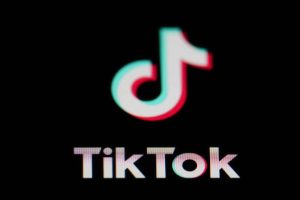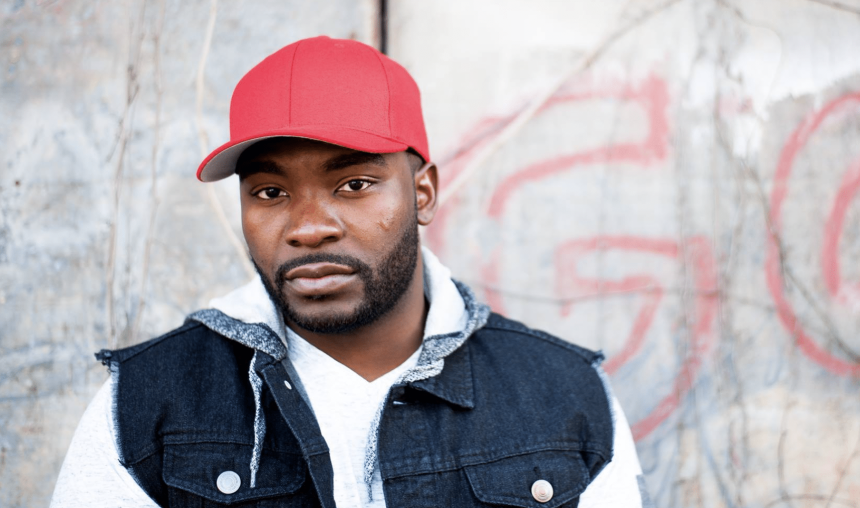Ahead of the looming U.S. ban on the social media app TikTok, which is set to take effect January 19, a popular online influencer from Mississippi is appealing to First Amendment rights as the reason for the court system to nullify the move.
Christopher Townsend, known by millions of followers as “Topher,” is one of eight digital creators suing the U.S. government over HR 7521 – an act passed by Congress in March of 2024 that would effectively shut down TikTok in the U.S. because it is a “foreign adversary controlled application.” Though not overtly mentioned, lawmakers have publicly cited national security concerns because a portion of the application is owned by the People’s Republic of China.
The measure threatened to outlaw domestic use of the app if its China-based parent company, ByteDance, did not sell the platform to an approved buyer. President Joe Biden signed the bill into law in 2024 amid claims from the Department of Justice that American usage opened the door for data theft and the proliferation of Chinese propaganda.
Townsend, the military veteran who has built internet fame with his pro-conservative rants, rap music, and faith-based content, is claiming that the ban is a misuse of government power that infringes on the rights of American users.
“When it comes to my First Amendment rights, I served in the military to procure those rights and make sure they remain protected,” Townsend said on The Gallo Show. “To see the government haphazardly just strike down TikTok… I think is dangerous.”
Townsend is joined by a diverse group of other popular personal brands in the lawsuit, including an LGBTQIA+ advocate in Arizona, a Texas rancher, and a skincare influencer. The complaint, along with other legal challenges to HR 7521, was heard by the U.S. Supreme Court on Friday, though it did not reach an official decision after nearly two and a half hours of proceedings.
A decision from the land’s highest court is expected sometime this week. Biden and other top security officials have doubled down on their support for the ban, leading many to believe the Supreme Court will uphold the measure.
While Townsend acknowledges the risk associated with using a foreign-based app that collects user data, he says it’s his and others’ right to assume that risk.
“We have to make sure we’re taking the least restrictive measure first, and according to this bill, they went straight to a ban,” Townsend said, suggesting a warning on the website that notifies Americans of its ownership and the associated risks. “But they never tried or attempted anything less restrictive.”

The artist born and raised in the Mississippi Delta and now a resident of Neshoba County also pointed to economic factors that he believes should be weighed in the decision. Recent data shows that TikTok’s advertising, marketing, organic reach, and operations contributed more than $33 billion to the U.S. GDP in 2023 alone, along with supporting approximately 250,000 jobs.
And while the Chinese government does own a share of the platform, it’s only 1% of the privately owned company. 20% is owned by the global, privately held firm ByteDance, while 60% is owned by a conglomerate of private investors, many of which are American. The remainder of shares are held by TikTok employees – 7,000 of which are U.S. citizens.
Others, including Townsend, have cited the negative impact a complete ban would have on American businesses as, according to Oxford Economics, more than seven million small-to-medium-sized U.S. enterprises are supported in some capacity by TikTok.
But proponents of the ban say the ownership makeup and economic benefit do not outweigh the national security of the app’s massive presence in the U.S., which includes around 150 million monthly users among its 2.05 billion global users. As Townsend recognized the risk, he believes the motivation behind the ban is something more sinister.
“The issue is control. They don’t have complete control of TikTok and they see that as a threat,” Townsend said, pointing to other apps like Facebook that are partially owned by foreign interests. “Don’t try to paternalize American citizens. We know the risk we’re taking. If we want to prefer dangerous freedom over peaceful slavery, then let that be our right to do so.”
While other options have been placed on the table, such as investor group “Project Liberty,” headed by billionaire Frank McCourt and other business moguls like Shark Tank investor Kevin O’Leary, offering to buy ByteDance’s U.S. assets, the app’s survival in America appears to hinge on the Supreme Court’s decision. President-elect Donald Trump has also publicly implored the court to delay a ruling until his new administration can form a plan regarding its use in the U.S.
After the Supreme Court signaled they would uphold the law during Friday’s proceedings, a final decision could come as early as Wednesday.








